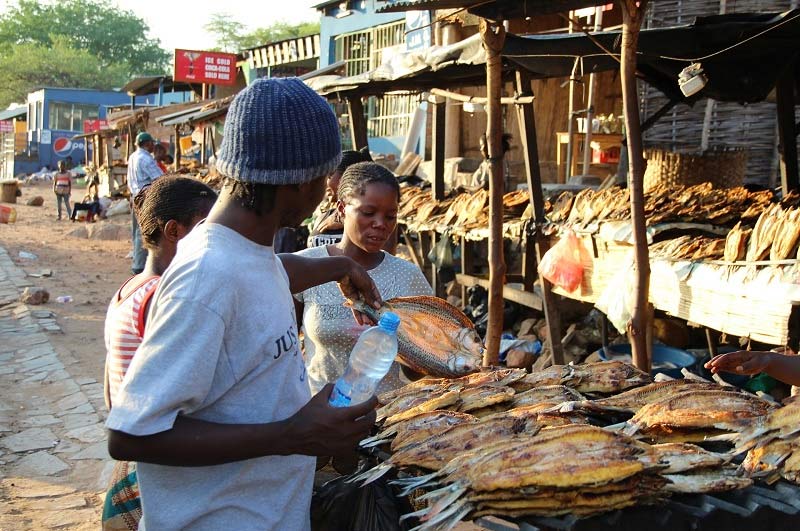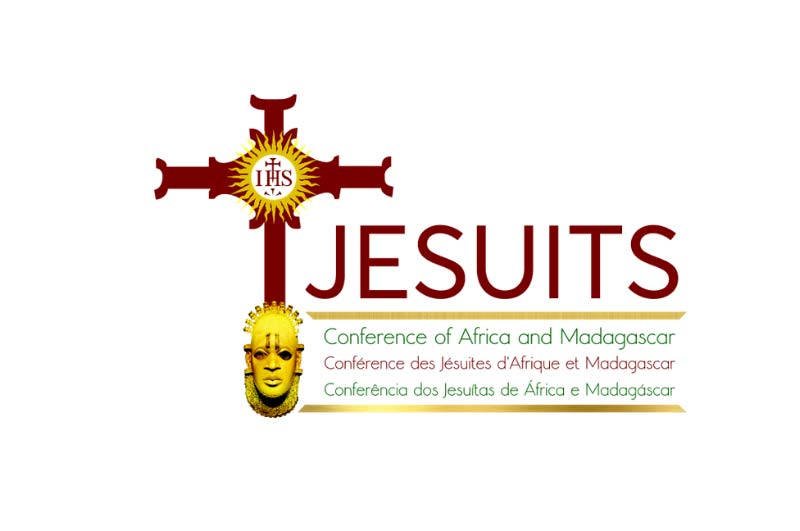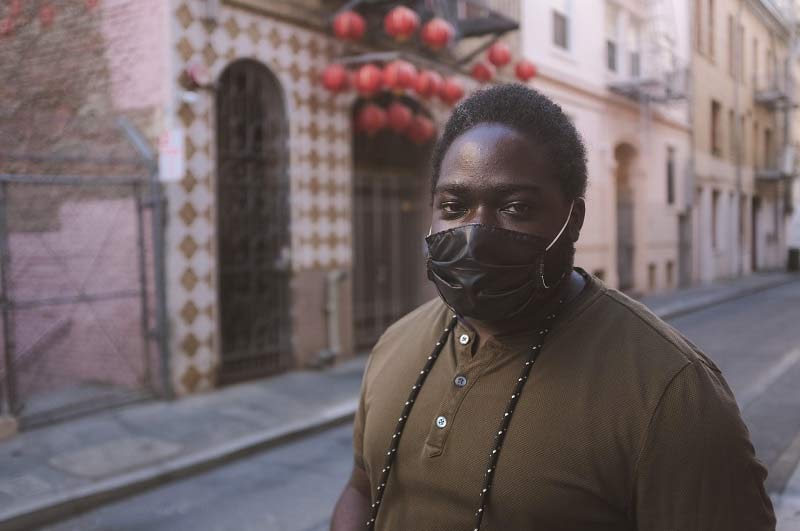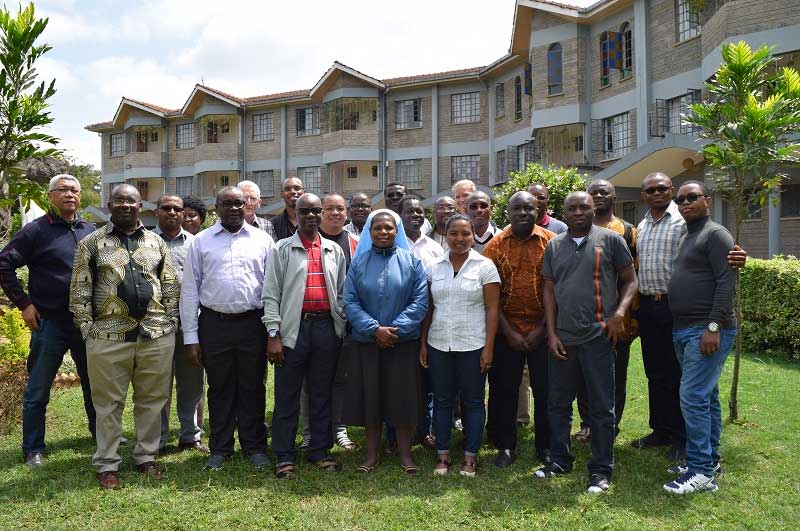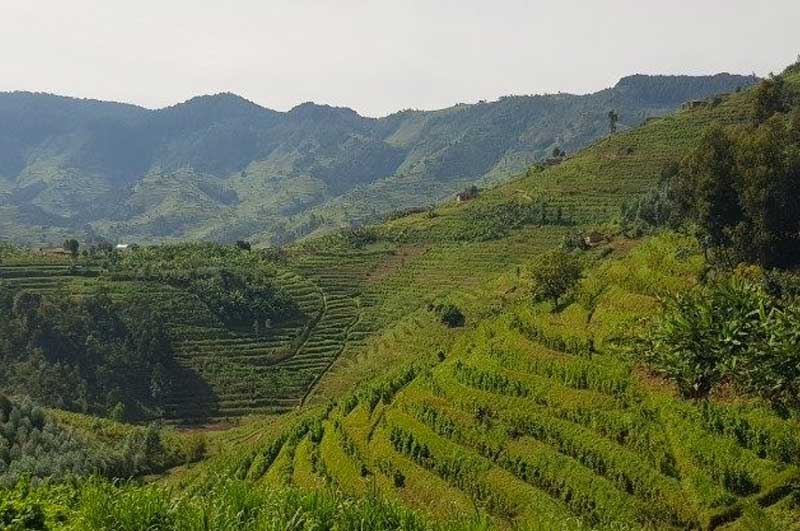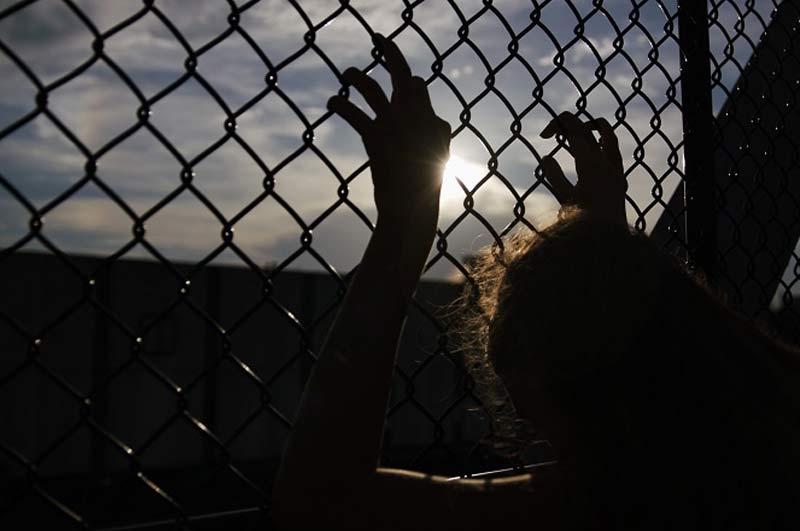


Human beings have always taken advantage of fellow human beings since time immemorial, prominently illustrated by the slave trade. In spite of the formal abolition of the trade, slavery has globally continued in modern times, in both open and subtle ways. This happens amidst commitments made by over 178 member countries of the United Nations through the 2000 Palermo Protocols to Prevent, Suppress and Punish Trafficking in Persons, and against the Smuggling of Migrants by Land, Sea, and Air. This points to both ignorance and the deliberate little will intended to keep the practice for certain benefits some enjoy.
Creating a workable definition of human trafficking and people smuggling for the distinction is challenging, as situations of migrant smuggling — seemingly of a consenting migrant, can easily change into human trafficking. There is limited knowledge about the current situation of such irregular migration levels and dynamics on a global scale. According to Africa Centre for Strategic Studies, 3.5 million Africans are being trafficked at any given moment and many aspects of trafficking in Africa are misunderstood, as most people are trafficked within their own countries sometimes by relatives. The traffickers target the most vulnerable people, including those in transit as economic migrants and those who are forcibly displaced. With 12 countries in Africa currently experiencing armed conflict, which has displaced 25 million people, their vulnerability to trafficking has increased. More than 50 percent of trafficking victims in sub-Saharan Africa are children (mostly in West Africa). Among detected victims in Africa, there are more males trafficked until the age of 18, at which point the ratio is reversed. The continent is a major region of origin for victims, who are trafficked within and to other parts of the world such as Western Europe and the Middle East to be exploited in a variety of sectors such as agricultural, factory work and domestic work, prostitution and even military (e.g. child soldiers) as they are being driven by a number of push factors.
A number of transnational criminal groups, together with some health practitioners providing some specialized services, across the world are involved in this criminal enterprise of human trafficking and other forms of transnational crime with it. They take advantage of the loopholes in most State structures, laws, and institutions, especially criminal justice, police, and border officials through corruption.
COVID-19, a deterrent or enabler
It would be presupposed that with the lockdowns and border closures imposed by many countries, including those in Africa at the onset of the COVID-19 pandemic, the activities of human trafficking and migrant smuggling would ebb. This is, however, far from reality. According to Callista Gingrich, the United States Ambassador to the Vatican, the COVID-19 has increased the risks of human trafficking and exploitation, as it is impervious to the COVID-19 crisis, as further confirmed by Jurgen Stock the INTERPOL secretary-general. This is more worrisome as COVID-19 further thwarts efforts to identify trafficking victims.
East Africa, West Africa, and the Horn of Africa are known as origins and destinations while North Africa (Libya) and South Africa are key destinations. A large number of people moving to or within the Horn of Africa, and towards South Africa continues to show signs of activity during the COVID-19 pandemic where the evasion of border controls has, in some cases, take a fatal toll on the lives of migrants.
The dangers posed by COVID-19 in the context of human trafficking and migrant smuggling are in two broad forms. For the victims, there are fears that the restrictions imposed due to the COVID-19 pandemic make them more invisible. They are also more exposed to contracting the virus, less equipped to prevent it, and have less access to healthcare to ensure their recovery. Victims are likely to suffer more violence due to confinement in homes and prisons, resulting in deteriorating mental health. Countries focus more on the pandemic and NGO activities reduce due to restrictions, thus support for victims in terms of document reviews and renewals, advocacy, repatriation, and other well-being needs also likely reduced. Thus, COVID-19 measures may make their desperate situation even worse. Other victims may be stranded en route, in appalling conditions while some smugglers and traffickers are likely to be motivated to take on the increased risks for increased premiums. On the other hand, dramatic increases in unemployment and reductions in income, lack of food, school closures and exposures to online for learning and socializing, plus overstretching of law enforcement capacity due to the need to enforce COVID-19 restrictions, are likely to lead to increased activities of human trafficking and migrant smuggling.
In Sub-Saharan Africa, the COVID-19 pandemic is expected to trigger a severe economic contraction, exacerbating the situation of human trafficking and smuggling of migrants, as sub-Saharan Africa will move into a recession in 2020 for the first time in more than 25 years. This COVID-19 related impact will cost the region between $37 billion and $79 billion in output losses in 2020 alone, leading to an increase in the proportion of people in extreme poverty as the informal sector, a major source of income and employment, becomes hardest-hit.
The new Catechism of the Catholic Church forbids acts or enterprises that lead to the enslavement of human beings, in disregard for their personal dignity. It, therefore, considers human trafficking as an open wound on the body of contemporary society, a scourge upon the body of Christ. The new Pastoral Orientations on Human Trafficking carries the message of Pope Francis on the issue. In his efforts in dialogue and ecumenism, he has sought to inspire spiritual and practical action to help eradicate human trafficking worldwide. As a global phenomenon that exceeds the competence of any one community or country, the Pope called for a mobilization comparable in size to that of the phenomenon itself. He reiterated his concerns about human trafficking in Fratelli Tutti, in which he attributes the causes of human trafficking and smuggling to “the phenomenon of social and economic exclusion” and calls for effectively using the existing institutions in the struggle against all these scourges”.
Catholic Church is also actively involved through organizations like Talitha Kum and Caritas Internationalis, in serving the poor and victims of trafficking. The COVID-19 crisis has presented the Church with an additional immense challenge as it exacerbates the problem of human trafficking and smuggling of migrants, and frustrates the whole world in achieving Target 8.7 of the Sustainable Development Goal 8, by 2025.
What to do?
The COVID-19 has increased the invisibility of victims of human trafficking and exacerbated the push factors. This calls for increased vigilance and support for victims by the various actors in Africa and globally. The Catholic Church, in Africa and the world, should intensify her global advocacy against the practices by influencing better policies that are also implemented. The church should continue supporting activities of the affiliated organizations fighting to combat the vices and support victims. Through the episcopal conferences and diplomatic links with the countries, the church still has a role to play in collaborating with the governments to allocate resources to rehabilitate victims and also address the root causes of the trafficking problem, while using grassroots Church structures to raise awareness about the problems of human trafficking and migrant smuggling.
Related Articles
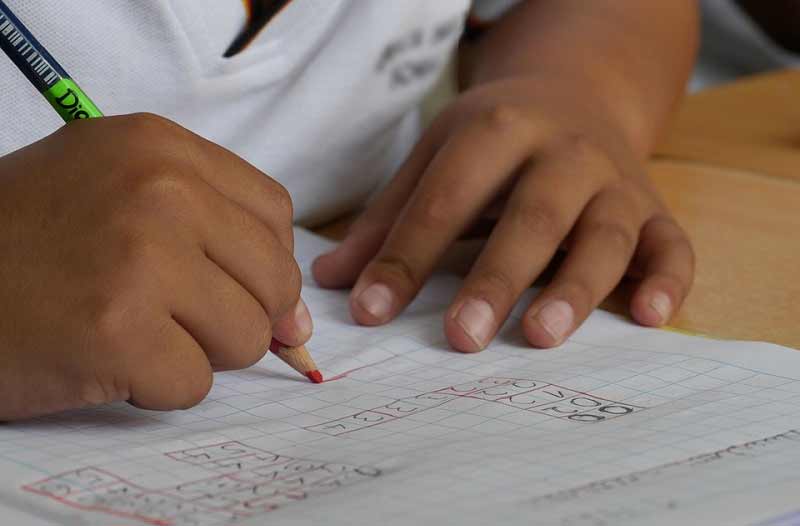
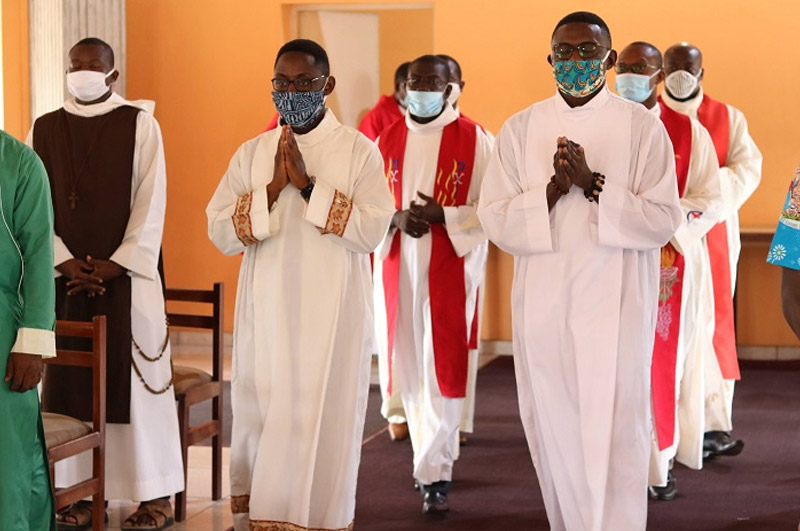

Select Payment Method
Pay by bank transfer
If you wish to make a donation by direct bank transfer please contact Fr Paul Hamill SJ treasurer@jesuits.africa. Fr Paul will get in touch with you about the best method of transfer for you and share account details with you. Donations can be one-off gifts or of any frequency; for example, you might wish to become a regular monthly donor of small amounts; that sort of reliable income can allow for very welcome forward planning in the development of the Society’s works in Africa and Madagascar.
Often it is easier to send a donation to an office within your own country and Fr Paul can advise on how that might be done. In some countries this kind of giving can also be recognised for tax relief and the necessary receipts will be issued.


